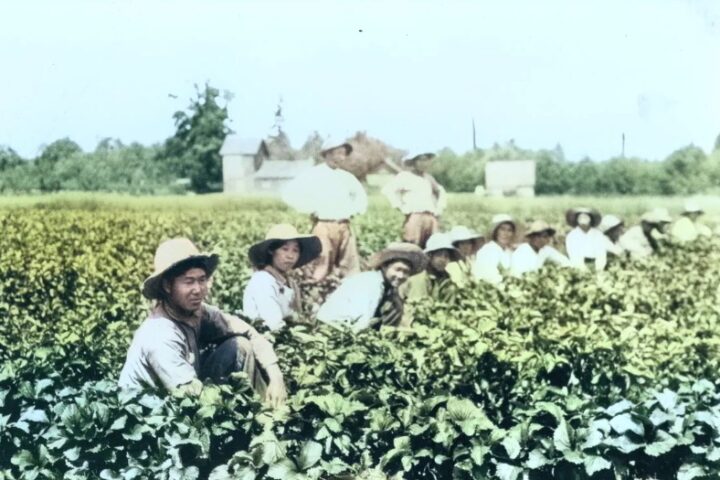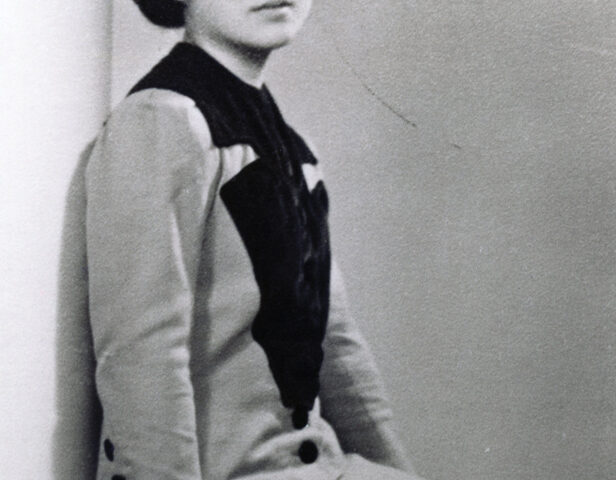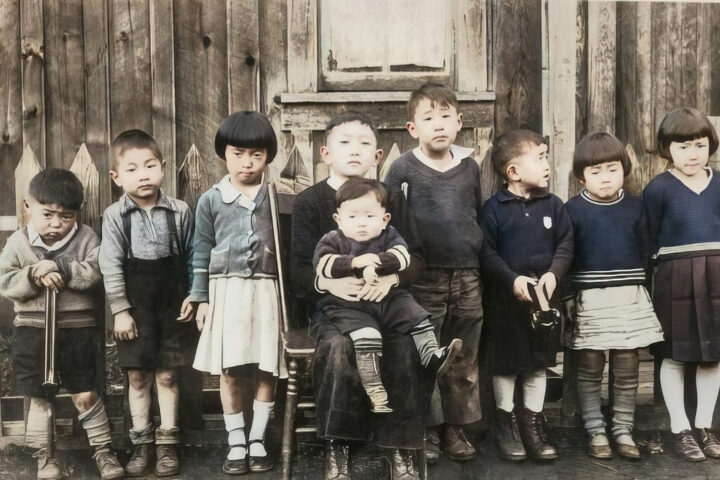2022 was certainly an eventful year for NAJC. After years of persistent talks with the Government of British Columbia and with the Anglican Church of Canada, we started to see results from the two most ambitious projects undertaken by NAJC in recent decades: BC Redress and the Healing Fund for Japanese Canadians (HFJC).
Healing Fund for Japanese Canadians
As a reminder, the HFJC project was undertaken to provide healing support to the survivors and survivor families of clergy sexual abuse by Mr. Gordon Nakayama. In January, NAJC began “walking together” with the Anglican Church to interview candidates and ultimately to hire Peter Wallace as the Project Manager. By March, a work plan for the five-year project had been prepared showing three main categories of healing support: counselling support, education grants and community healing initiatives. A number of online and in-person meetings have since been held to inform the community on the healing support available, to bring together survivors in a Gathering of Old Friends, and to learn about intergenerational trauma. The project office has been reaching out to survivors, for example on the sidelines of the Human Rights symposium discussed below, to further discuss the available healing support. Uptake has been slow, with only nine applicants for counselling support and nine applicants for education grants to date. Given the fact that Mr. Nakayama is known to have abused hundreds of Japanese Canadian boys, the results to date show that (1) our community is generally loathe to ask for help and (2) much more outreach by the HFJC project is required before significant healing support can be provided.
BC Redress
In May, BC Premier John Horgan announced that the Government of BC would invest $100 million in six legacy initiatives recommended by the NAJC. As many of you know by now, the initiatives, or pillars, include monument, education, senior health and wellness, community and culture, heritage restoration and anti-racism. The announcement followed years of effort by NAJC to consult with the community across Canada and to “flesh out” the initiatives. Many thanks are due to consultant support provided by Paul Noble. Major credit is also due to the negotiating team that included President Lorene Oikawa, Paul Kariya, and Susanne Tabata, and to Art Miki and Maryka Omatsu who provided advice and guidance. The entire project over the past three years was led by Susanne Tabata. Following the announcement, the NAJC established the Japanese Canadian Legacies Society to finalize the agreements (in May, no agreements had been signed or monies received; the first of such monies were only received on September 22, 2022) and to implement the legacy initiatives. Going forward, NAJC’s only involvement with the initiatives will be to utilize a $2.25 million capacity building grant that is currently being negotiated with the Japanese Canadian Legacies Society project office.
GEI Artists Symposium & Toronto NAJC Human Rights Symposium
As if the above wasn’t enough, in 2022 NAJC also collaborated with other organizations to stage two national symposia during the year. Over the September long weekend, the first national multi-day symposium of Japanese Canadian artists and Japanese artists living in Canada was held in Victoria. The event was a collaborative effort with the Victoria Nikkei Cultural Society and the University of Victoria, and received funding support from the Canada Council for the Arts. Then, over a weekend in October, the NAJC human rights and young leaders committees supported the Toronto NAJC in a multi-day human rights symposium in Toronto. Although each event took place over a single weekend, the planning for each took over a year. In retrospect, it may have been overly ambitious for NAJC to participate in two national symposia in one year, particularly one as eventful as 2022. Yet somehow it all got done. Let’s see if we can carry the momentum forward into 2023 and beyond.
Susanne Tabata Resignation
The National Association of Japanese Canadians (NAJC) announces the resignation of Susanne Tabata from the National Executive Board as she takes on the role of CEO of the Japanese Canadian Legacies Society (JCLS).
Susanne most recently held the position of BC Redress Project Director 2020 – 2022 under the umbrella of the NAJC. She carried that file to the JCLS, a BC-based society set up to provide oversight to the implementation of the legacy initiatives, which are baked into a framework dating back to March 30, 2022. Susanne is focusing on the full-time development and implementation of the entire slate of Japanese Canadian Legacy Initiatives.
“The NAJC is the only organization which will take the political risk to push for redressing these historical wrongs and that ‘worth’ should not be lost in the new narrative regarding the implementation of the initiatives. At another point in time, this needs to be reflected. Gratitude to everyone in the NAJC and chapters who were part of this achievement, notably Maryka Omatsu, Art Miki (who were both co-chairs of the 2019 community consultations and honorary co-chairs of the BC Redress team, former President Lorene Oikawa, who was politically aligned to the process; and the NEB and its member organizations. Read the gratitude section of jclegacies.com. The NAJC trusted me to lead this file and again trusted the process to set up the JCLS to continue this work. In keeping with the framework set up well before the formation of the society and the finalization of agreements, we want to make sure all programs get implemented and completed within a five-year window, as this is not an endowment.”
Susanne served on the NAJC board for six years and was the first Director of Arts, Culture, and Education aka ACE. She conceptualized and oversaw the creation of the online Japanese Canadian Artists Directory japanesecanadianartists.com and the GEI Artists Symposium a nation-wide artists gathering held Victoria in September 2022.
Says Susanne, “For the past six years it has been an honour to serve on the Board of the NAJC, thrice appointed and twice elected, under three Presidents – Bev Ohashi, David Mitsui, and Lorene Oikawa – and to create the portfolio of Director of Arts, Culture, and Education aka ACE. For the Japanese Canadian Artists Directory, gratitude must go the steering committee of Bryce Kanbara, John Ota, Emi Morita, and the team of Terry Watada, Sally Ito, Carolyn Nakagawa, and John Endo Greenaway. For the GEI Artists Symposium I thank the team of Melisa Kamibayashi Staples (programmer), Emiko Muraki (fundraising & logistics), Yukari Peerless (artist relations and communications) Kunji Ikeda (incubator), John Ota (architect programmer), Sally Ito (writer), and the great team at CAPI, including Helen Lansdowne, Mike Abe, the Victoria Nikkei Cultural Society volunteers, and of course my GEI symposium co-chair, Cody Poulton. The ACE committee is well positioned to continue to strengthen our national arts identity and I wish Yukari Peerless the very best as she carves out a new path for the committee.”
Susanne will be working with the NAJC to develop the $2.25Million Capacity Building Grant which has been part of the legacy package since September 1, 2021. The NAJC looks forward to receiving and sharing updates and community opportunities for all Japanese Canadians.
Susanne lives with her nisei father Susumu. In summer 2022, Susanne was adopted by the St’langng Laanaas/Jaanaas clan of the Haida nation and given the name Si K’ajaang Jaad.



